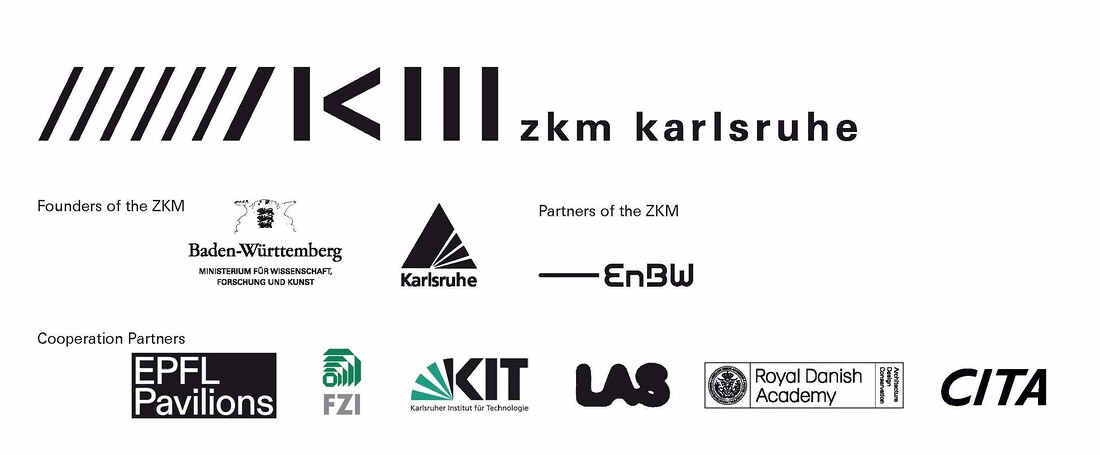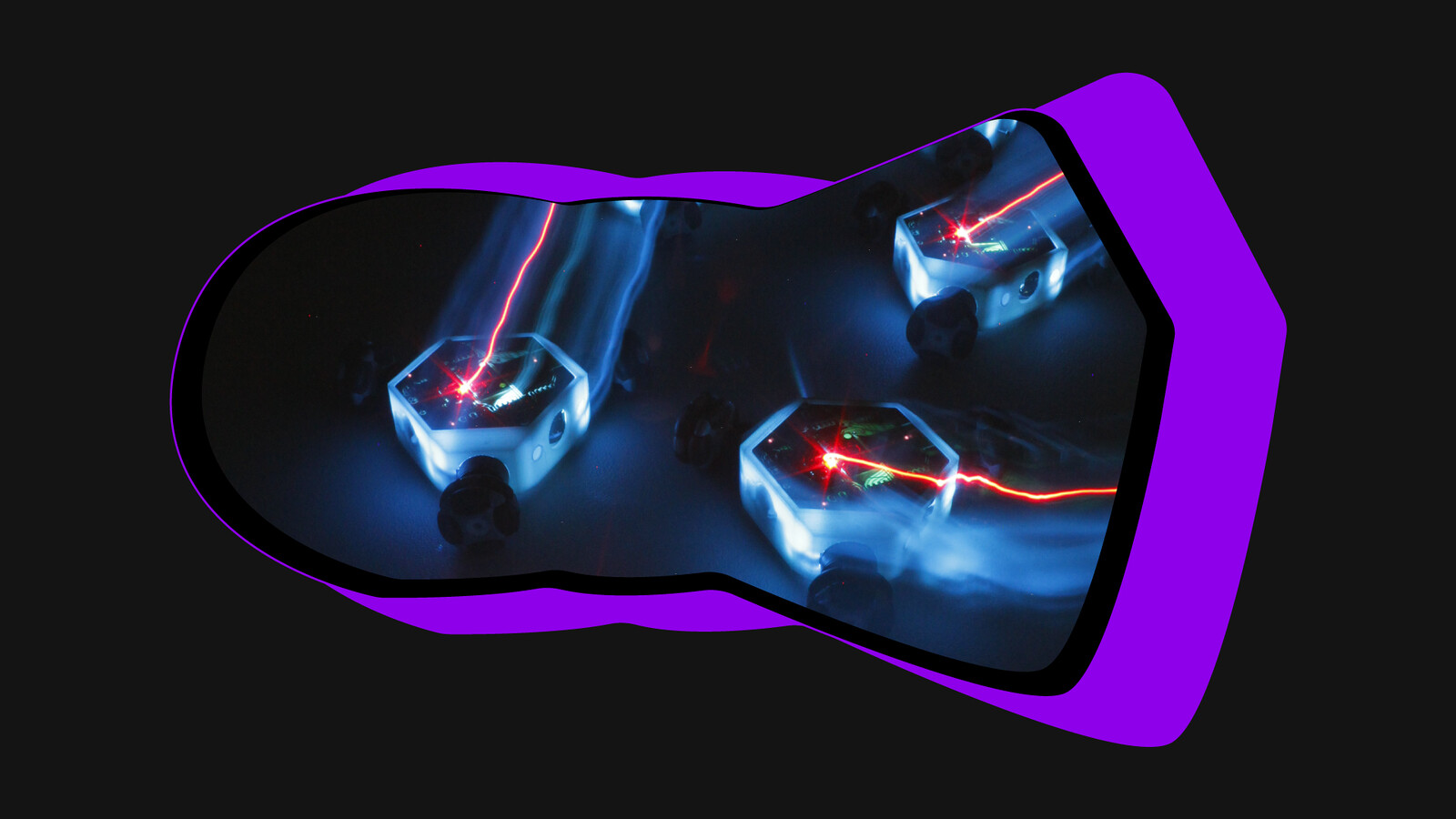December 18, 2021–August 28, 2022
BioMedia is an exhibition that explores dynamic systems in art and science. These systems resemble living organisms, and by employing interactive, digital methods exhibit life-like behavior.
For centuries humans have attempted to create machines that simulate life—from 16th century animatronics to pre-cinematic moving image devices. Wheel-based technology of motion of the 19th century then gave way to the moving image, cinematography, the illusion of motion in the 20th century. An image that could actually imitate movement was a radical step towards the simulation of life, because hitherto, from painting to photography, images characteristically had been of a static nature. Beginning with the simulation of motion and progressing to kinetic art and cybernetic theory, in the 21st century the simulation of life and life systems through artificial intelligence and generative technologies have led humanity to reckon with machines on an existential level.
Building on each new development, the virtuality of photographic images set the stage for virtual electronic systems to produce, process, and store digital images. The virtuality of media storage in electronic systems enables the variability and versatility of images’ content, which in turn introduces viability of behavior of the images. Media systems transgress the simulation of motion and simulate many aspects of living organisms, of life, from intelligence to empathy. It is this behavior, namely media, that exhibit life-like actions, that we call BioMedia or biomimetic media.
The exhibition investigates different forms of artificial agents and environments, as well as their behavior and interactions with other entities within hybrid contemporary ecosystems. Some of these agents are digital computer-generated and computer-simulated systems that evolve on a screen, while others include complex adaptive robots that have a physical presence in space and can manifest biomimesis as search mechanisms, swarm intelligence, self-preservation, and so on. Nevertheless, they imitate, demonstrate, and simulate life-like behavior by responding to stimuli in unpredictable ways. The artificial agents shown in this exhibition ignite questions about self-sustaining nonorganic life by presenting their ability to interact with each other and with humans and nonhumans alike, as two-dimensional images, three-dimensional objects, and multidimensional quantum models.
BioMedia provides insights into possible modes of cohabitation with artificial life forms and instead of thinking in competitive or antagonistic terms, it proposes to imagine our relationship with artificial agents in multiple strands of interdependency. New methodologies and ideologies need to be investigated to answer the question of how we can enhance and sustain life in an alliance of human and more-than-human technological entities – in particular regarding the backdrop of the profound ecological crisis, mass extinction, and human-made climate catastrophe.
Artists
::vtol::, Kees Aafjes, Refik Anadol, Artificial Nature (Haru Ji & Graham Wakefield), Torsten Belschner, Samuel Bianchini, Frank Bierlein, Michel Bret, Ludger Brümmer, Daniel Canogar, Aristarkh Chernyshev, CITA, Edmond Couchot, Stephanie Dinkins, Melissa Dubbin & Aaron S. Davidson, Anna Dumitriu, Jake Elwes, Justine Emard, Cécile B. Evans, Edo Fouilloux, Yves Gellie, Alexandra Daisy Ginsberg, Libby Heaney, Stephan Henrich, Katrin Hochschuh & Adam Donovan, Yannick Hofmann, Yasha Jain, Daria Jelonek, Nikolai Konstantinov, Bernd Lintermann, Christian Mio Loclair, Hasan Mashni, Alex May, Mélodie Mousset, Gordon Pask, Špela Petrič, Sascha Pohflepp with Alessia Nigretti & Matthew Lutz, Nina Rajcic & SensiLab, random international, Anna Ridler, Birk Schmithüsen, Alexander Schubert, Jeffrey Shaw, Karl Sims, Maria Smigielska & Pierre Cutellic, Christa Sommerer & Laurent Mignonneau, Jakob Kudsk Steensen, Martinus Suijkerbuijk, Maija Tammi, Universal Everything, Harm van den Dorpel, Jeroen van der Most, Peter van der Putten, Günter Weseler, Marco Zampella, Moph Zielke, Fabien Zocco
Research projects
Beyond Matter, École polytechnique fédérale de Lausanne (EPFL), Festo SE & Co. KG, FZI Research Center for Information Technology, IBM Deutschland GmbH, intelligent.museum, KIT – Karlsruhe Institute of Technology
Opening program
Saturday, December 18, 2021, 6pm CET
Online broadcast at zkm.de/en/livestream
Curated by
Peter Weibel with Sarah Donderer and Daria Mille, assisted by Beatrice Zaidenberg



